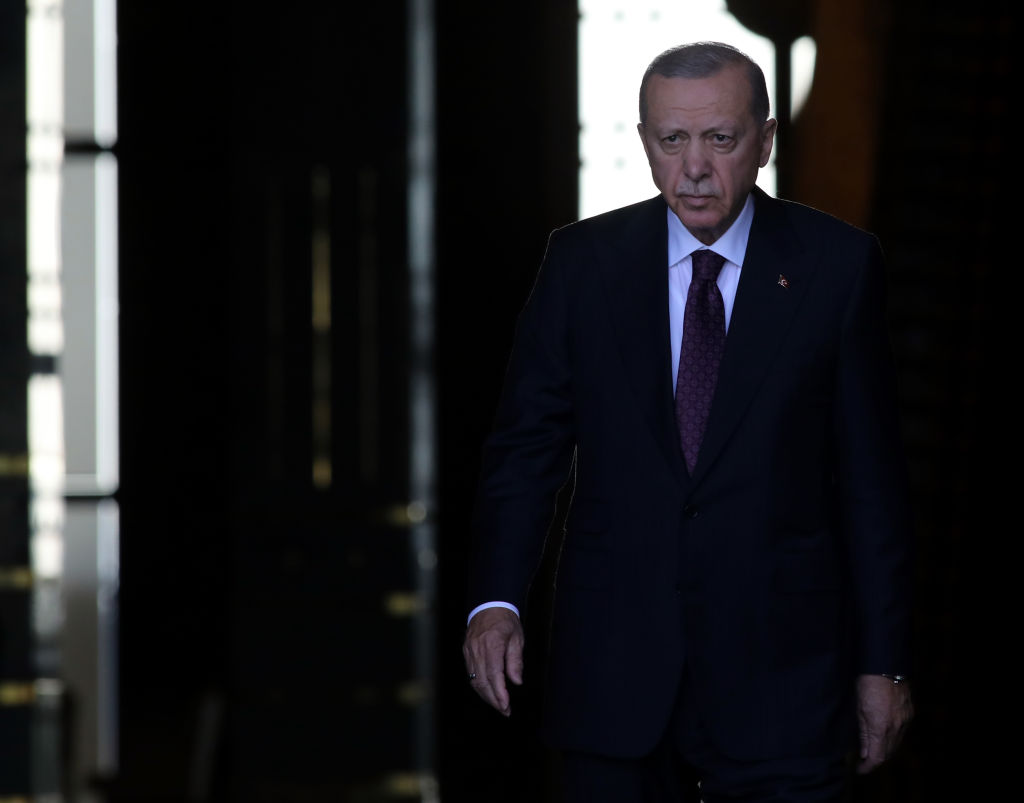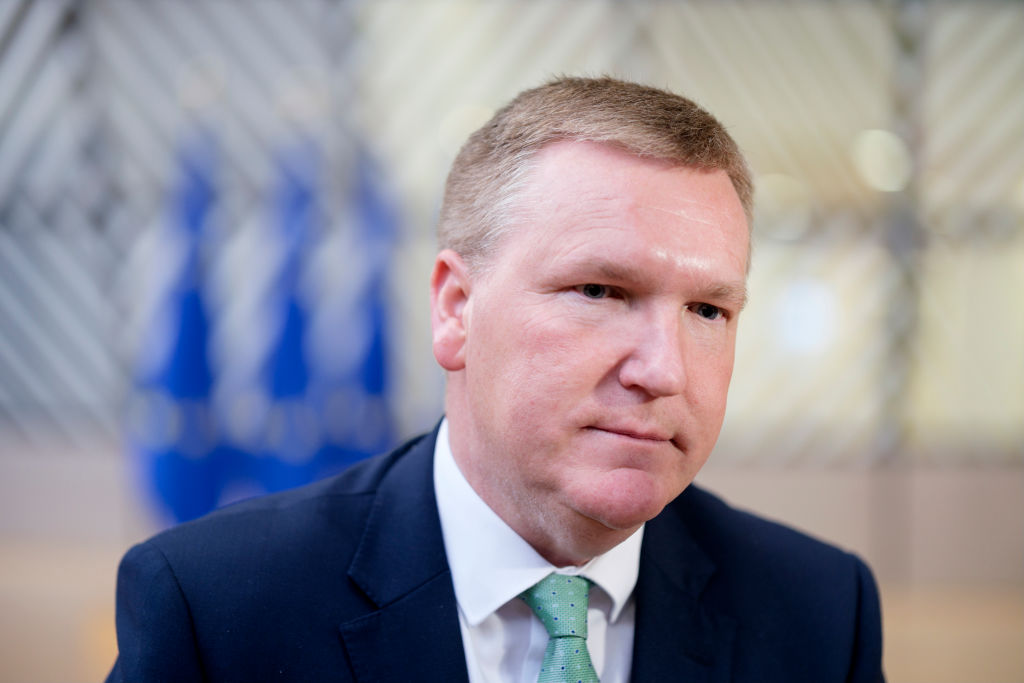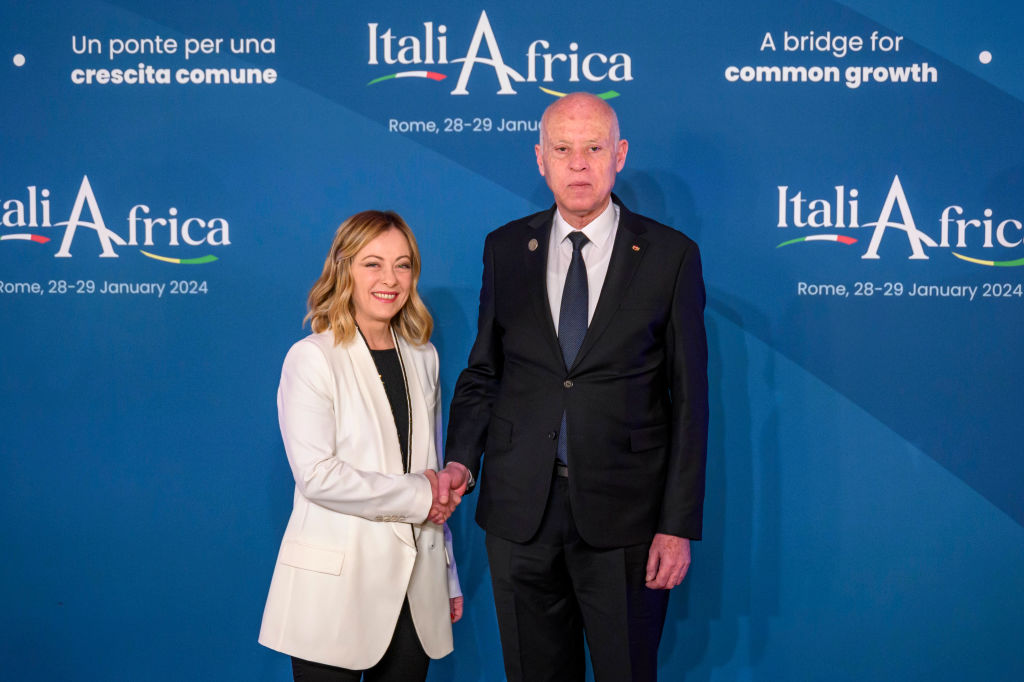The EU’s €5 billion fund to stop irregular migration from Africa has failed to achieve its goal, said the European Court of Auditors in a September 25 report.
It added the European Commission had failed to monitor whether EU funds had in fact contributed to severe human rights breaches.
The EU created the Emergency Trust Fund for Africa (EUTF) in 2015, to “address the root causes of instability, forced displacement and irregular migration” and “contribute to better migration management”.
But even after nine years, and spending the majority of its €5 billion in funding, the trust fund had “still not properly focused on priorities”.
Because of a “post-2015 panic to limit the number of new arrivals”, the EUTF “encouraged the rapid disbursement of EU funding without adequate monitoring of its effectiveness and impact,” Jeff Crisp, a research fellow at the University of Oxford’s refugee studies centre, told Brussels Signal.
African institutions receiving EU funding under the programme have included security forces and militia groups in Libya, where two rival administrations fight for control.
Crisp previously assisted in developing a Research and Evidence Facility intended to ensure EUTF programmes and funding decisions were evidence-based. “I’m not sure whether that actually happened in practice,” he said.
The Trust Fund “was based on the somewhat naive EU notion that migration from Africa to Europe could be effectively managed (i.e., reduced) by a combination of stricter border controls in Europe and their externalisation to adjacent regions.”
The plan also included “the provision of substantial funding for livelihoods and development in regions of origin, thereby reducing the pressures on people to migrate”, he said.
But “this approach had several flaws”. For one, it “ignored the evidence that economic growth and rising living standards is often associated with an increase, rather than a decrease in the scale of migration,” said Crisp.
“The EU is failing in its basic task of ensuring that taxpayers’ money directed for migration management is not used to facilitate torture and other, sometimes deadly, abuses by unaccountable security forces,” Olivia Sundberg Diez, Amnesty International’s EU advocate on migration and asylum told Brussels Signal.
The Court of Auditors’ report “should ring alarm bells across EU capitals and the European Commission leadership,” and “confirms what we, development organisations, parliamentarians and watchdogs have been saying for a while,” she said.
The European Commission had “not carefully addressed” the risks of human rights violations in institutions funded by the EU. And where the trust fund had claimed results in creating employment and furthering development, its “results are overestimated due to an insufficiently accurate system”, the auditors observed.
The trust fund used its €5 billion in funding to address “a too wide range of development, humanitarian and security actions, not all of which were the most urgent,” said Bettina Jakobsen, the auditor chiefly responsible for the report.
The auditors also found examples of funded projects which had simply been abandoned. One was an EU-funded solar-power chicken shed, able to fit 1,000 birds, coupled with a slaughter house. It had laid empty after the youth association running it decided it was not viable.
Of 115 EU-backed businesses or infrastructure and equipment investments, 33 were no longer operational, while 66 were at risk of closing down.





